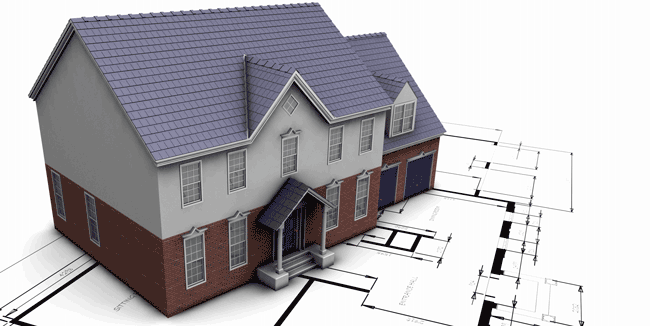Applying for a mortgage can be a cumbersome process in any country. For many non-Japanese looking to buy real estate in Japan, trying to get a loan from a Japanese bank is a daunting task. But with the right information and help, that job becomes much easier.
Even before you begin, however, there is a question of timing—is this the right moment to invest? Prices have risen 18% over the past three years and yields have dropped to the 4–6% range. When yields fall, it can be sign of a pending correction. But in the September 2016 edition of UBS’s Global Real Estate Bubble Index, the top four cities were listed as Vancouver, London, Stockholm and Sydney. Tokyo was regarded as experiencing a price boom, but not in risk territory.
Meanwhile, a Bloomberg article on 11 October 2016 highlighted the turnaround in bond yields, which have sent fixed mortgage rates higher. A Deutsche Bank analyst has forecast that real estate prices will fall 20% by 2018.
It is perhaps fair to say, then, that purchasing is still a good consideration, but buyers need to be careful of liquidity, avoid areas with over supply and consider their exit strategy.

Money matters
Mortgage rates have been falling steadily. According to a spokesperson from a mainstream lender Mizuho, fixed rates have fallen approximately 0.4% over the past two years. Last month, a client settled on a three-year fixed-term rate of 0.4%, which is the lowest I have ever seen. The remaining 32 years of the loan are fixed at 1%. This was a so-called Flat 35 loan, which carries a guarantee by a Japanese government institution.
Long-term fixed rates are affected by Japanese government bond yields, since banks cover their mortgage book by purchasing government bonds. This means that if short-term interest rates are negative but long-term yields increase, fixed-term rates can become more expensive.
For non-Japanese, there are a few added complications when it comes to securing a mortgage. Applicants must have been in Japan for at least three years and have a valid zairyu (residence) card. Mortgages are not extended to those covered by the US–Japan Status of Forces Agreement without a guarantor. For foreign nationals and Japanese alike, it is more difficult if you are self-employed or a company president, but the choice is wider if you have permanent residence or a Japanese spouse who can act as loan guarantor.
Proper approach
Overall, there are more choices available these days, and banks are more familiar with applications lodged by non-Japanese, so they are a bit more flexible than before. Some banks have responded to the demand from overseas buyers, especially in jurisdictions where the banks have a presence and are comfortable with reciprocal laws such as Taiwan and Singapore.
That said, many foreigners underestimate the level of documentation required by banks in Japan and assume that lending practices common in their home country are the same in Japan. For example, in Japan it is difficult to refinance a property bought for cash, but in many countries it is not.
The most important factors, however, are visa status, length of time in Japan and salary—all more so than an applicant’s asset base. Some clients may want a big loan, but through tax mitigation strategies keep their salary low. This makes lending difficult, especially for representative directors of companies, where the bank usually wants to see three years of positive company tax returns and criteria is stricter.
Not having permanent residence, a Japanese spouse or sufficient language skills can limit the choice of banks and influence rates. Further, some banks can be reluctant to lend to applicants who cannot fully understand the loan contract in Japanese for fear of potential liability.
What you get
Having met all the criteria, what is available?
It is sometimes possible to get a full loan, that is, 100% of the money required for residential and investment property. However, most banks are more comfortable if the borrower can make a down payment of 10–20% of the property value.
Most banks in Japan offer variable rates and fixed rates, both for up to 35 years for residential property. In October 2016, high street banks such as Mizuho typically offered variable residential rates of 0.625% and 1.47% for fixed rates over a term of 35 years.
For investments in real estate, these rates will vary according to the property, the size of the down payment and the loan size, but some common rates are between 1.5–2.65% per year.






